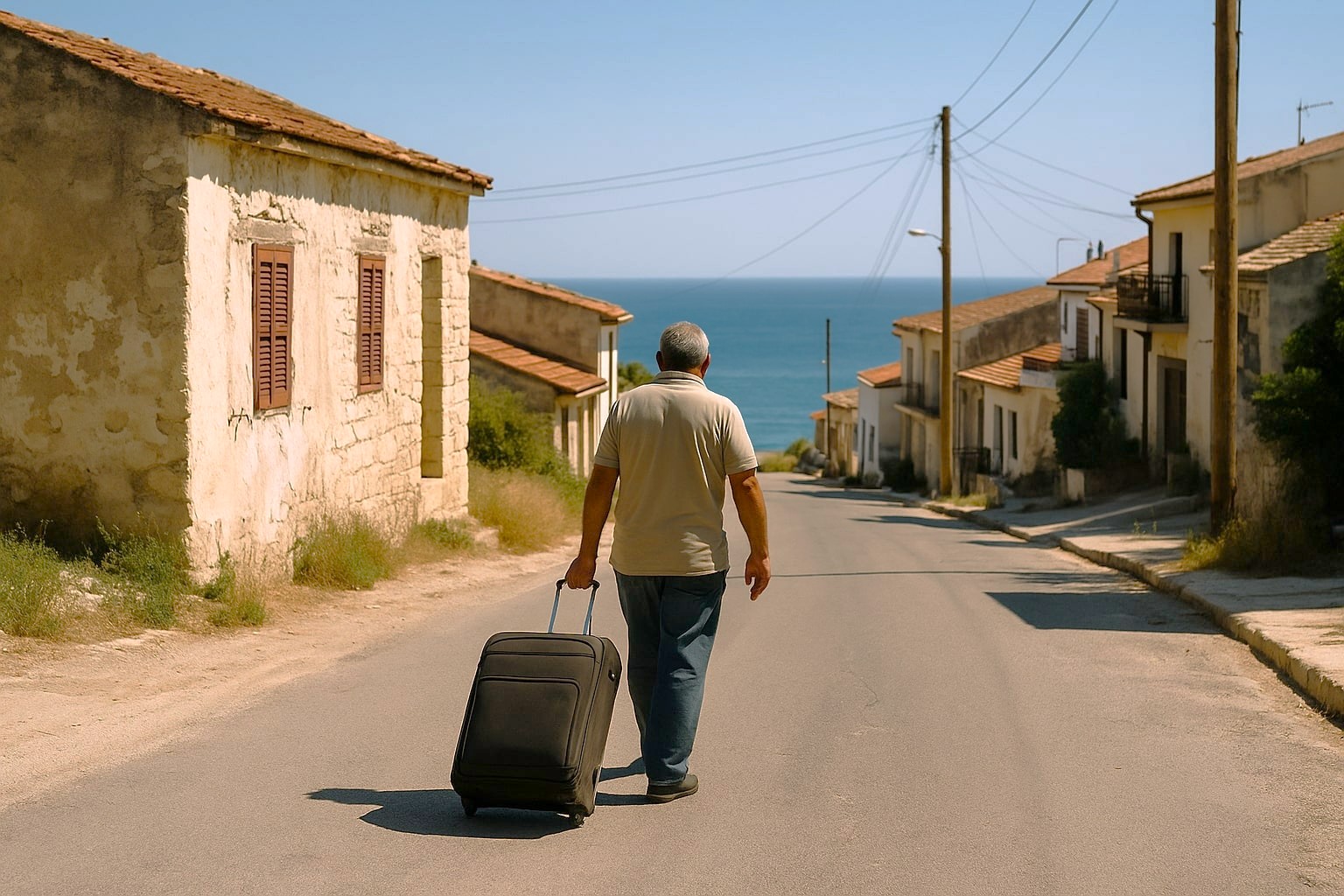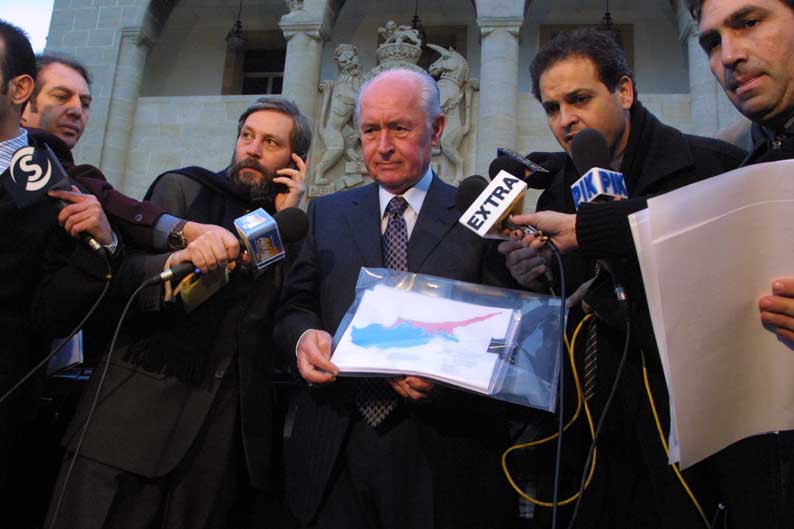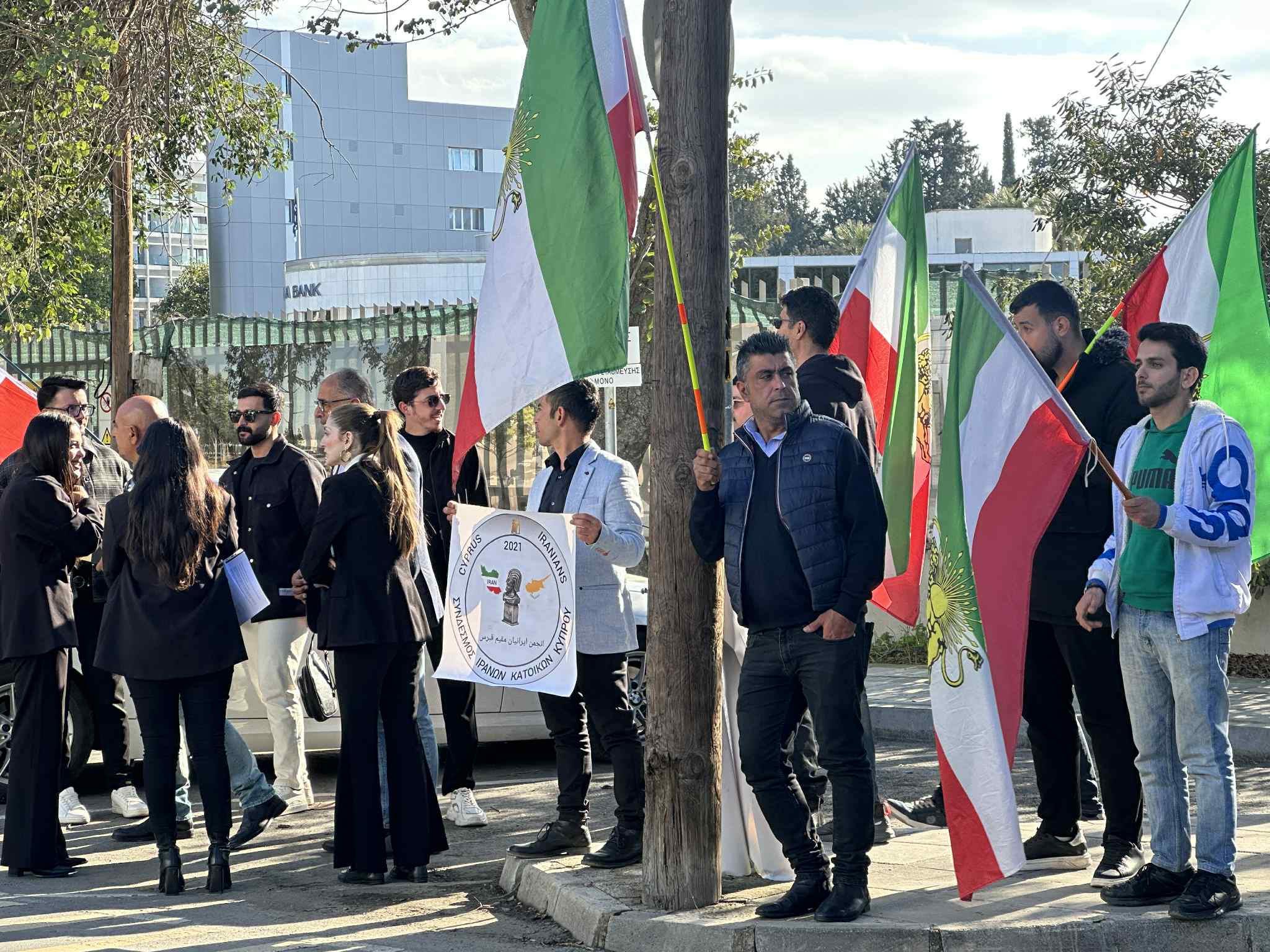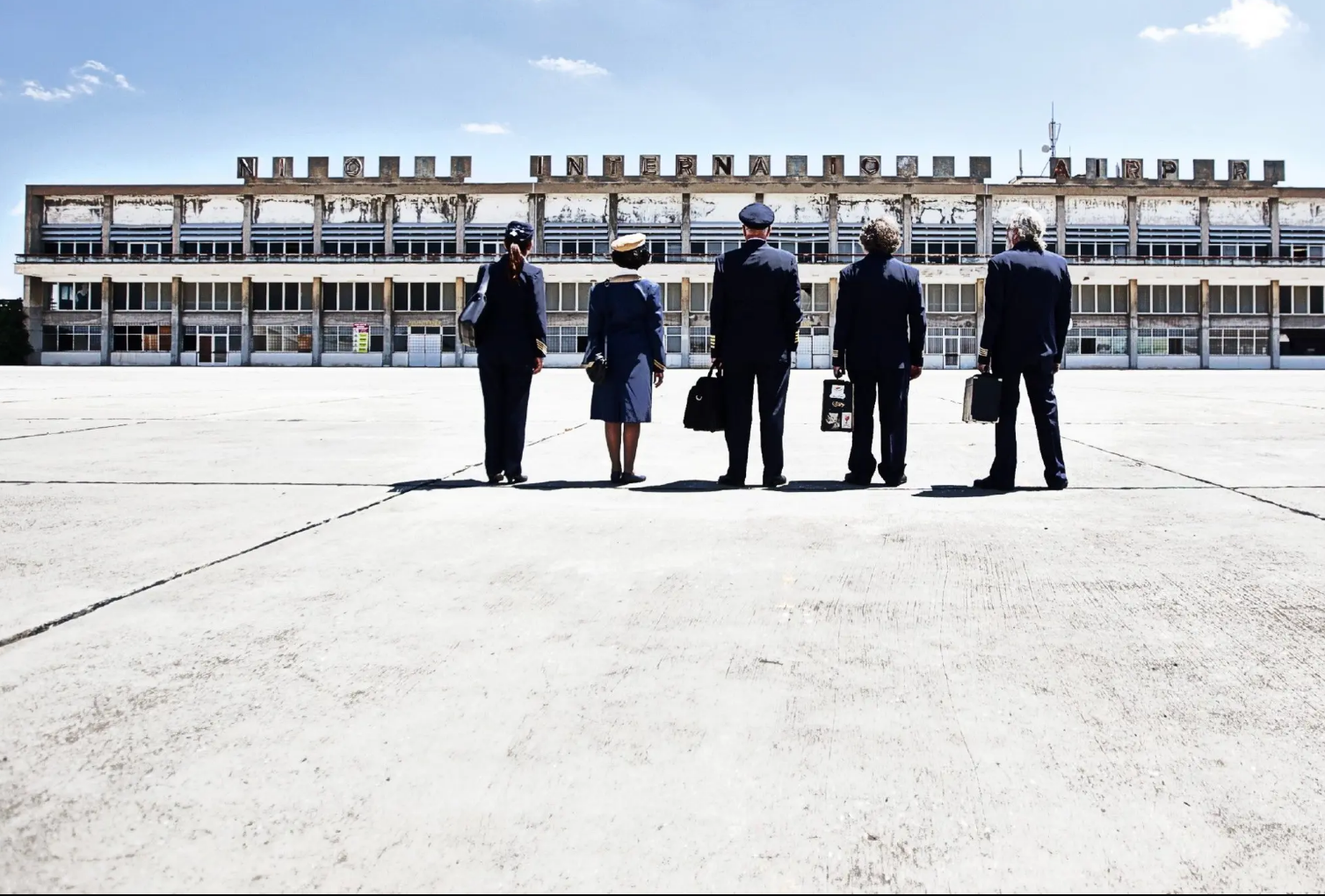‘I felt like a total foreigner. Nothing worked the way I was used to’
“Moving back to Cyprus was a total shock!” says Peter Evagorou.
“I left when I was 10,” adds the 66-year-old. “So all I remembered was my parents’ stories: chickens in the road, donkeys in the fields. And then I came back and found everyone had a swish car and a mansion!”
It’s a familiar story: childhood in Cyprus, decades abroad, and a return coloured by both nostalgia and surprise. Granted, we don’t all leave at such a young age; many of us fly the island later in life in search of new opportunities. But regardless of when we leave, many of us experience the same thing on our return. Reverse Culture Shock.
It’s a phenomenon that’s been well-documented over the years, and is now showing up in the news: the Americanwho came home from Sydney to find her people too loud and the portions too large; the Canadian who suffered a visceral reaction to her homeland on her return from Amsterdam.
As early as the 90s, experts were noticing that the challenges of returning home after time abroad were significant.
In 1997, Craig Storti released The Art of Coming Home, one of the earliest guides to address the emotional and psychological challenges faced by expatriates returning to their home countries. And in 1998, Bill Bryson published Notes From a Big Country, in which he describes moving back to the US after decades in Britain as “a surprisingly unsettling business, a little like waking up from a long coma. Time, you discover, has wrought changes that leave you feeling mildly foolish and out of touch…”

In Cyprus, where so many of us leave the island for studies, work or family, the return experience is no less disorienting.
“You feel like a tourist in your own country,” says Mark Hajiloizou, who repatriated to Cyprus last June. “The rules don’t make sense, the people don’t make sense, your life doesn’t make sense.”
In England for much of his life, the 54-year-old considers himself staunchly Cypriot. Born and raised on the island, he took great pride in his heritage for the 32 years he was in Manchester.
“But when I came back, I felt like a total foreigner. Nothing worked the way I was used to. There didn’t seem to be any logic to the bureaucracy, nobody queued, the driving was crap! And meso? That’s something I thought would have died off with EU membership. But no. It’s alive and well and stronger than ever: if you don’t know the right person in the right place on this island, nothing ever gets done!
“And don’t forget the heat,” he notes. “I’m damn sure it’s a lot hotter here than it used to be!”
Less than one per cent of Cyprus’ population actually lives in other EU countries, according to the data. A far cry from the 17 per cent of Romanians, 15 per cent of Croatians, and 12 per cent of Bulgarians who have migrated within Europe.
But perhaps that one per cent doesn’t capture the full picture…
A repatriate is defined as someone who returns to live in their country of origin after a significant time abroad. But for many Cypriots, origin isn’t simply a matter of birthplace. Generations born overseas – in London, Melbourne or Johannesburg – may still consider Cyprus their homeland. Ties to the island run deep, carried through language, food, family stories and summer visits. And a move to Cyprus is, in many ways, a return home.
The data also overlooks dual citizens whose movements aren’t tracked under the Cypriot banner, and young professionals who study or work overseas for years before drifting home.
And it may also fail to include the thousands who left during earlier waves of emigration — in the 1950s, post-1974, or after the financial crisis — many of whom are now quietly returning, often unregistered, and finding their culture changed.
“I was born in Melbourne, but Cyprus has always been ‘home’,” says Eleni Nikou, a 41-year-old second-generation returnee. “We spoke Greek, we ate souvla on Sundays, and every year we’d come to Limassol.”
But living on the island, she suggests, is very different from visiting each summer.
“It was the online stuff that really threw me,” she adds. “Back in Australia, everything’s on the web. Here, it took me ages to find out who could deliver my shopping. And three weeks to get beds – we were sleeping on air mattresses and calling every day to find out why our stuff hadn’t arrived!
“That said, there were some good surprises too! I knew from my parents that Cyprus was safe – safer than Melbourne by far. But I assumed that, like everywhere else, would have changed with time.
“Instead, I’m shocked to this day by how my kids can walk to school alone, ride their bikes after dark. It feels like something out of family stories, but real.”
38-year-old Andreas also notes the positive aspects of returning to the island after a decade abroad.
“I thought I’d struggle with the pace, or miss the structure of life in Belgium. Instead, I was shocked in a good way.
“Cyprus is chaotic. But it’s also very human. You forget that here, people actually talk to you; remember you. I’m surprised – and pleased – when the ladies at Zorbas ask where I’ve been if I miss my morning coffee; when my pharmacist asks after my mum; when my neighbours bring me soup if I’m ill.”
For many, the island return is not a homecoming in the traditional sense. It’s a process – sometimes bumpy, often emotional – of reconciling who you’ve become while away with the Cyprus that now exists.
And navigating that gap – between memory and modernity, between expectation and reality – means adjusting not just to place, but to pace, people and even purpose. Yes, it can be a shock to discover that the island you remember has changed.
But then so have you.







Click here to change your cookie preferences